© 2020-2022 The Global Program for Nature-Based Solutions for Climate Resilience. All Rights Reserved.
Development in Indonesia has resulted in reduced poverty but has also been accompanied by significant pressure on natural capital, particularly its mangrove ecosystems, which are the most carbon-rich ecosystems on earth. Mindful of the negative impacts associated with coastal ecosystems degradation, the government of Indonesia has embarked on a blue economy strategy encompassing a range of initiatives, including tackling mangrove degradation and depletion. The objective of this report is to inform sustainable mangrove management policies in Indonesia through quantification of the values and spatial variations of the net benefits of mangrove conservation and restoration. The report compares the costs and benefits of mangrove restoration and conservation using a nation-wide spatial cost-benefit analysis. The analysis is spatially explicit, meaning that variation in costs and benefits by location are assessed, helping to identify cost-effective locations for large-scale mangrove restoration and conservation. The results of this assessment should help the government, the private sector, and other stakeholders across Indonesia better understand the costs and benefits of mangrove management decisions.


